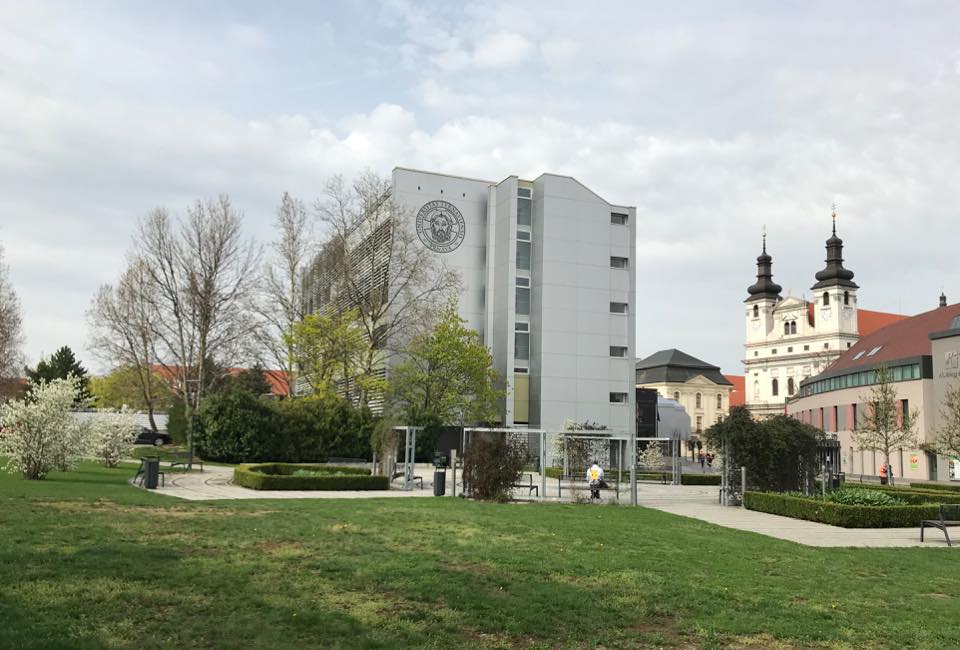The Department of Sociology of Trnava University considered possible options for participants recruitment regarding the public consultation, as well as its organisation. The team has made a collective decision to involve its students in the broadest possible way. In order to find suitable participants for the consultation in Trnava on October 19, meetings with students have been organized. The aim of this meetings is to make students acquainted with the project Concise: its goals and expected results.
Student involvement
The Trnava team has decided to engage its students in all stages of the project. We believe, that:
– students are the most suitable help for organizing the consultation,
– and within the project Concise, students will gain valuable hands-on experience on their field of study.
Finding the suitable volunteers gives students experience with basic sociological research methods. Besides, communication using cloud storage systems offers them valuable teamwork experience. And finally, helping in the organisation of the consultation will improve their soft skills.
Experts within the research team prepared a table of quotas for eight Slovak regions, according to data provided by the statistical office. This is an important tool to reach the best possible representative sample of Slovak society.
Students of the department will communicate use social media and cloud storage services. The implementation of a cloud-stored platform, will show how many respondents are interested in participating in the public consultation.

Win-win situation
The direct involvement in a sociological research project is a valuable way of gaining work experience in the field. Therefore, most active students will be offered the possibility to act as observers during the public consultation. This hands-on experience will help them when applying for future jobs.
The Department of sociology of Trnava university believes that students’ participation in the project Concise is a win-win situation, as it helps to smooth the preparation of the public consultation while providing students with valuable experience they can use in the future.
Peter Guráň, Ľubomír Šottník
